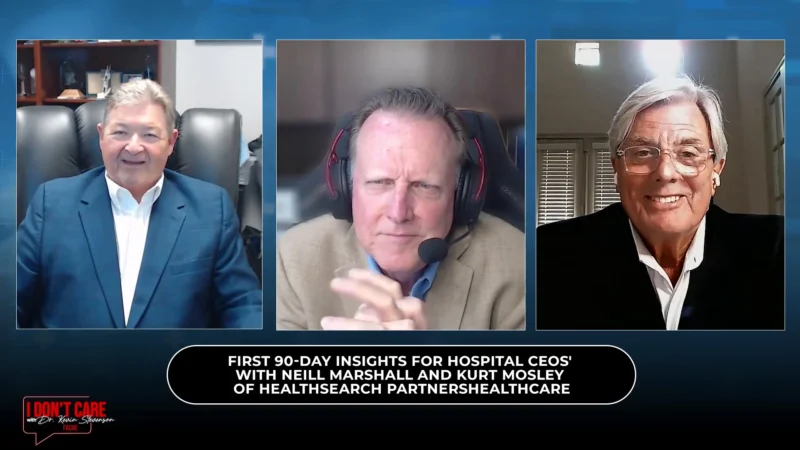Why Chick-Fil-A Operations Saved a COVID Vaccine Drive-Thru
Fast-food giant Chick-Fil-A is known for its service – and that commitment to moving customers through its restaurants paid off outside the realm of chicken sandwiches recently.
A South Carolina Chick-Fil-A came through in a big way for the local community of Mount Pleasant, highlighting some of the ways Chick-Fila-A has commanded the drive-thru and its excellent customer experience.
Reporting out of FOX 11 said that, on Jan. 22nd, traffic at a local COVID-19 vaccination site was so backed up, patients getting a vaccine were waiting for an hour or more. The issue was initially caused by a software glitch, which delayed vaccine administering for too long a period to recover from – at least without help.
When the Mayor of Mount Pleasant, Will Haynie, was notified, his first thought to solve the issue was to ring the manager of one of the town’s Chick-Fil-A locations.
It proved a savvy move, as manager Jerry Walkowiak brought some of the restaurant’s best practices to the drive-thru to speed things along, such as going down the car line as people waited to make sure they had paperwork all filled out and ready to go and getting them to a parking spot to receive their vaccine.
It raises an important point – how has Chick-Fil-A built such a reputation for excellent customer service when, in fact, their drive-thrus came in dead last for speed compared to nine other major chains in a recent study?
On this MarketScale Industry Update, hosts Daniel Litwin and Tyler Kern dive into how good service, accuracy and more can make up for a lack of speed – and how the word “frictionless” doesn’t have to mean “lightspeed.”
Follow us on social media for the latest updates in B2B!
Twitter – @MarketScale
Facebook – facebook.com/marketscale
LinkedIn – linkedin.com/company/marketscale








